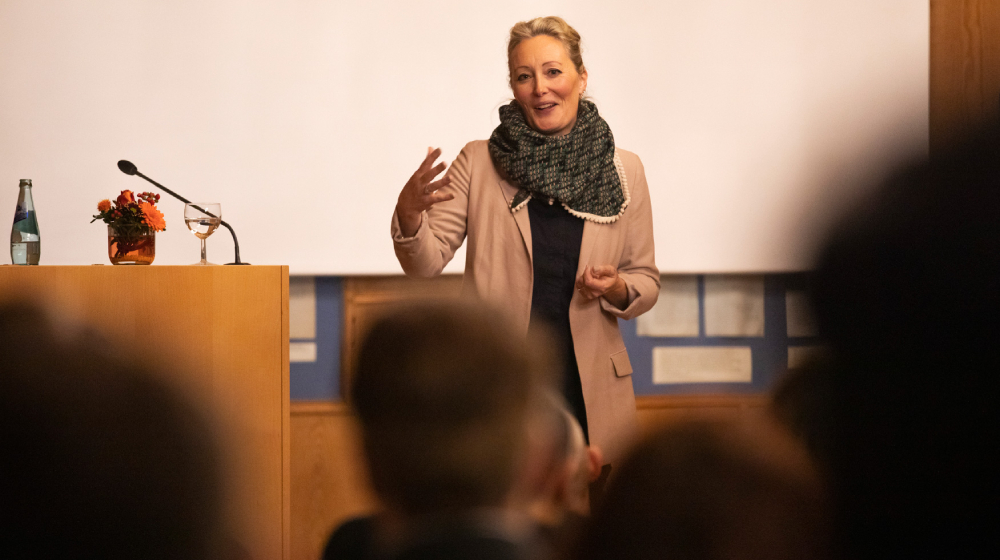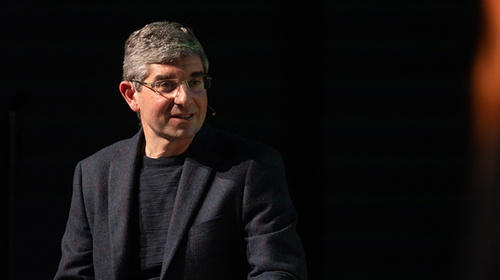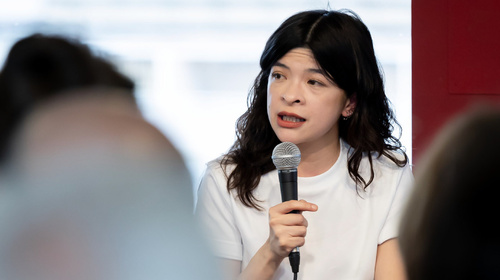Talks for secondary school students
A morning with Louise Amoore
Responsible Algorithms?
Education
Free with pre-booking
What will be the impact of the political use of algorithms? Louise Amoore analyses the biases and lack of transparency in the use of artificial intelligence and, accordingly, the new ethical paradigm that confronts us.
Justice, health, security, and finance are some of the spheres that are using algorithms in decision-making today. While AI can be a great help in medical diagnosis, it can also introduce a racial bias in airport security checks. The researcher Louise Amoore has extensively studied the biases and limitations in the processes of producing and applying algorithms, and also the repercussions they are having in every sphere of life. More than thinking about the question of how to create “good algorithms”, we need to be aware that they are already shaping frameworks of what is desirable and what is not desirable, and of hypothetical visions of a future that, at the same time, they play a role in determining. The debate about AI then confronts us with philosophical questions about, for example, fragility and the contingency with which algorithms control and decide about our lives, and how they determine the standpoints from which we perceive and value reality.
The session has a pedagogical dossier (in Catalan) so that the students can work on the contents beforehand in the classroom and thus make the most out of the lecture.
Moderators: Miquel Missé
Participants: Louise Amoore
This activity is part of AI: Artificial Intelligence, Talks for secondary school students
Related contents
A morning with Louise Amoore
Responsible Algorithms?
What will be the impact of the political use of algorithms? Louise Amoore analyses the biases and lack of transparency in the use of artificial intelligence and, accordingly, the new ethical paradigm that confronts us.. The session has a pedagogical dossier (in Catalan) to prepare and ...



